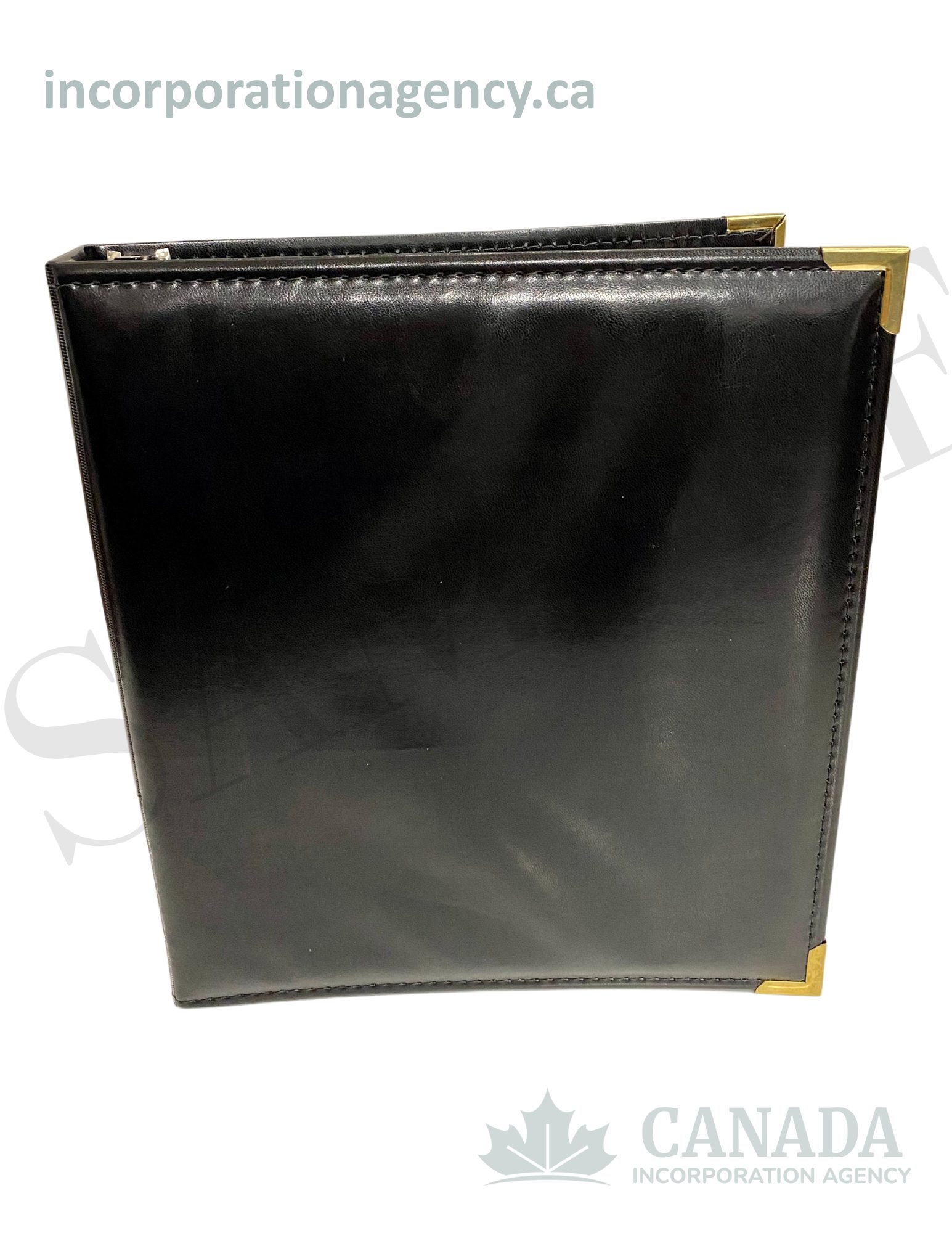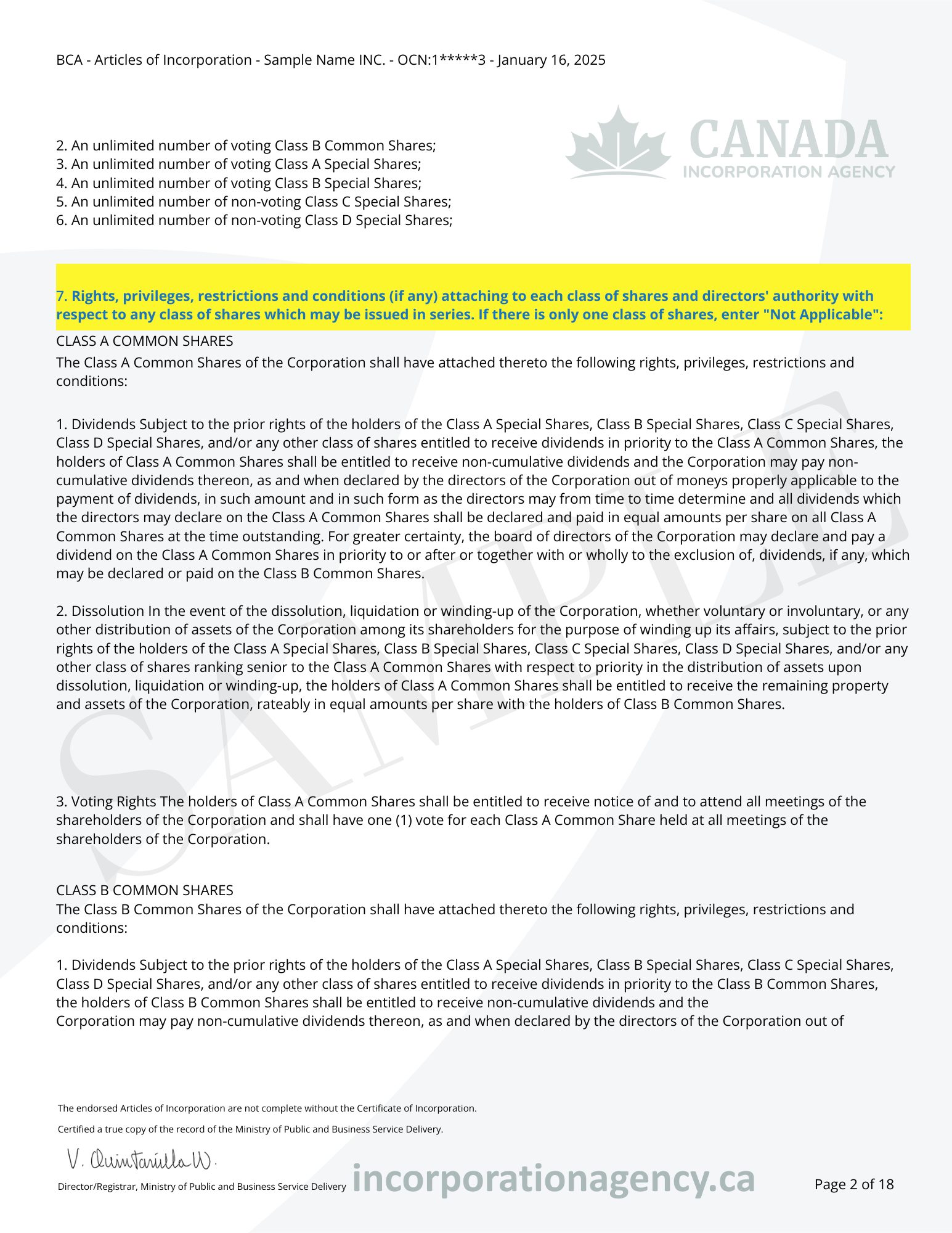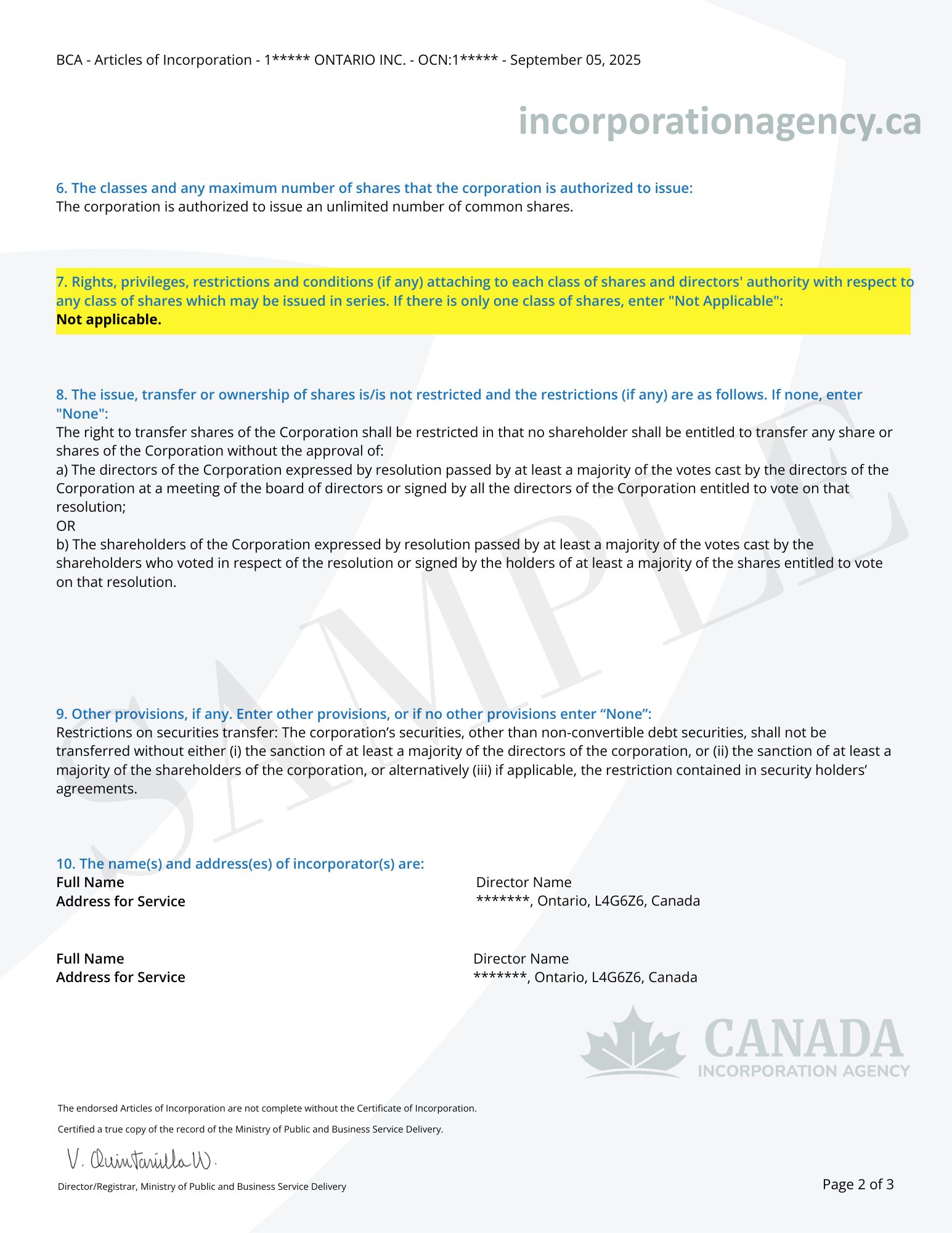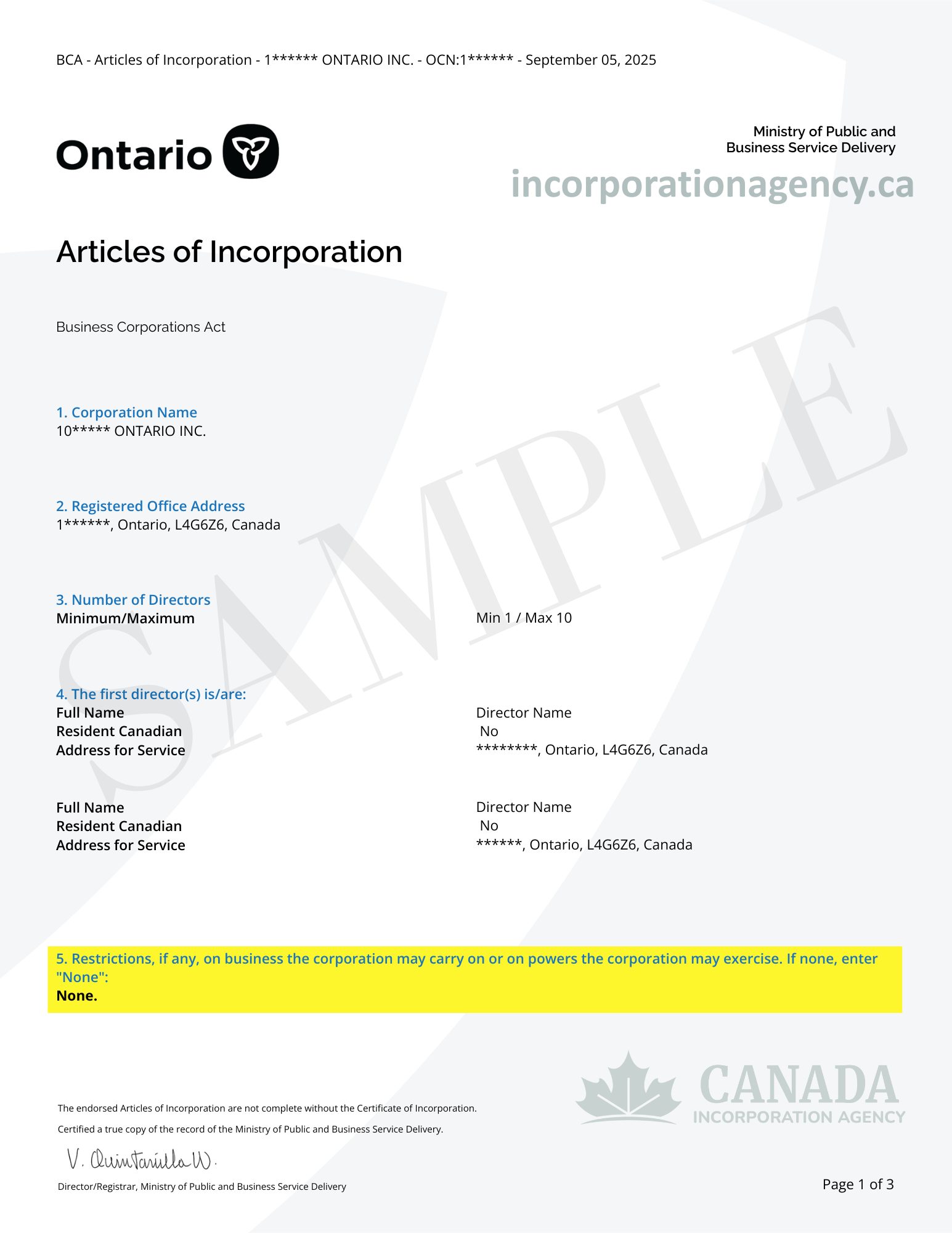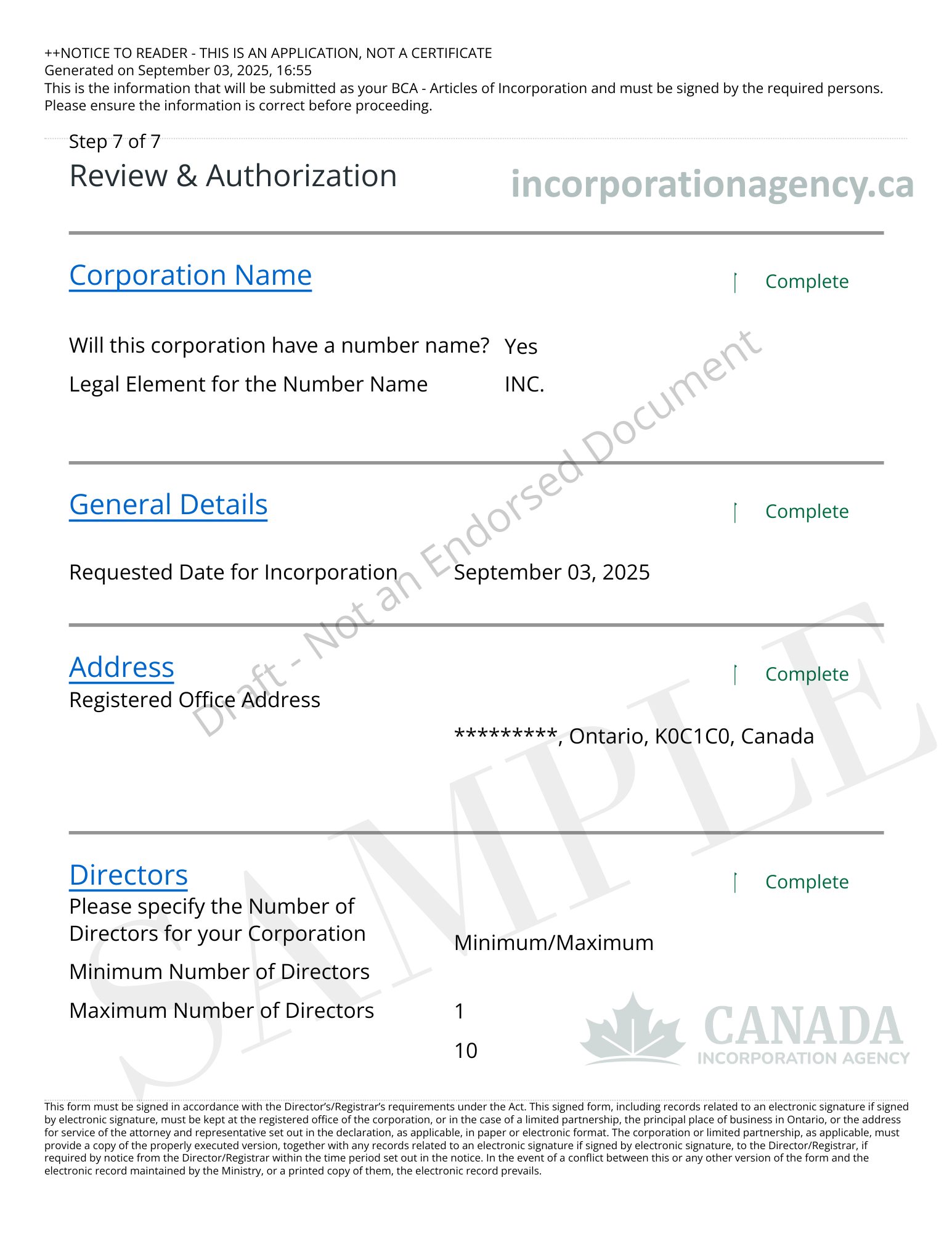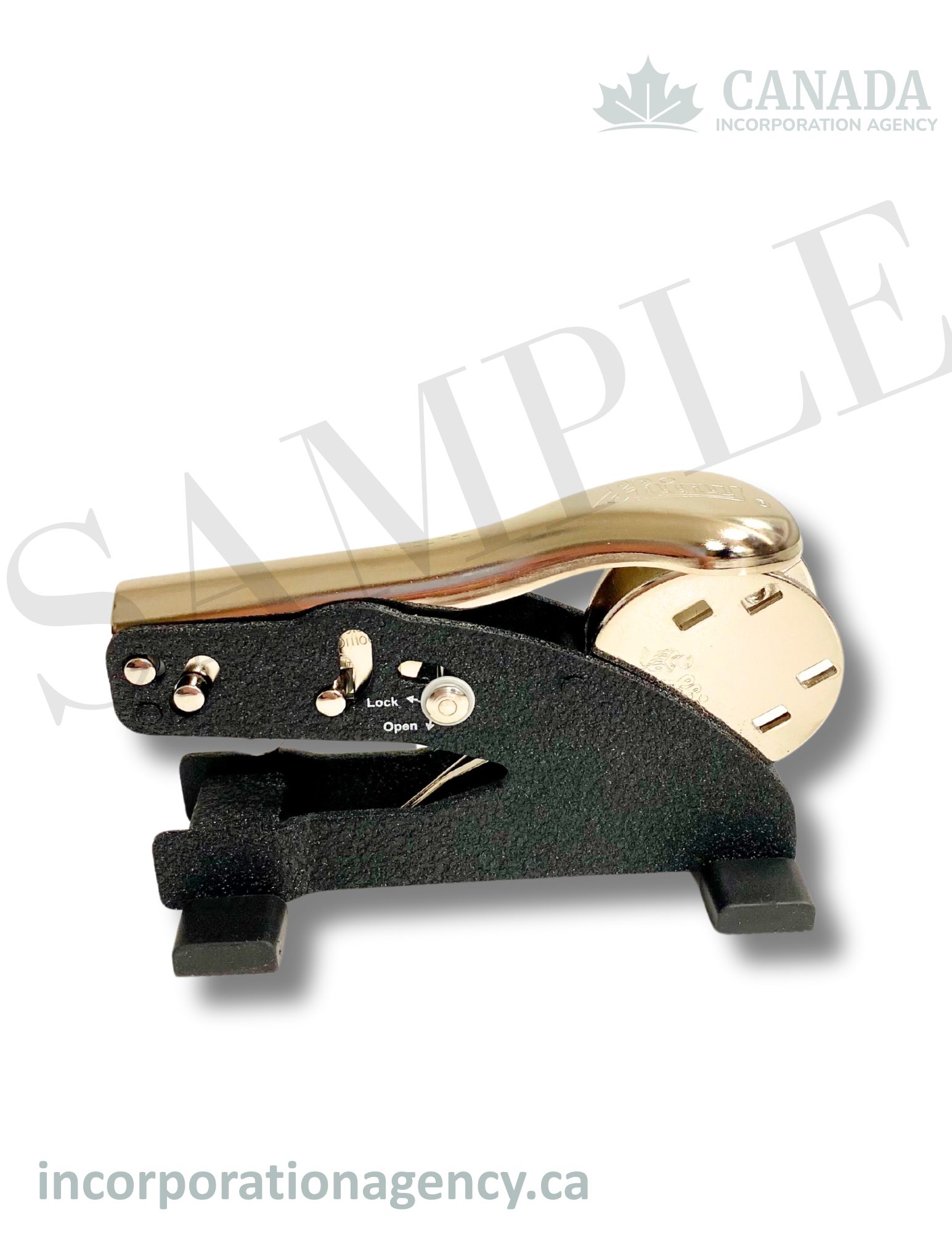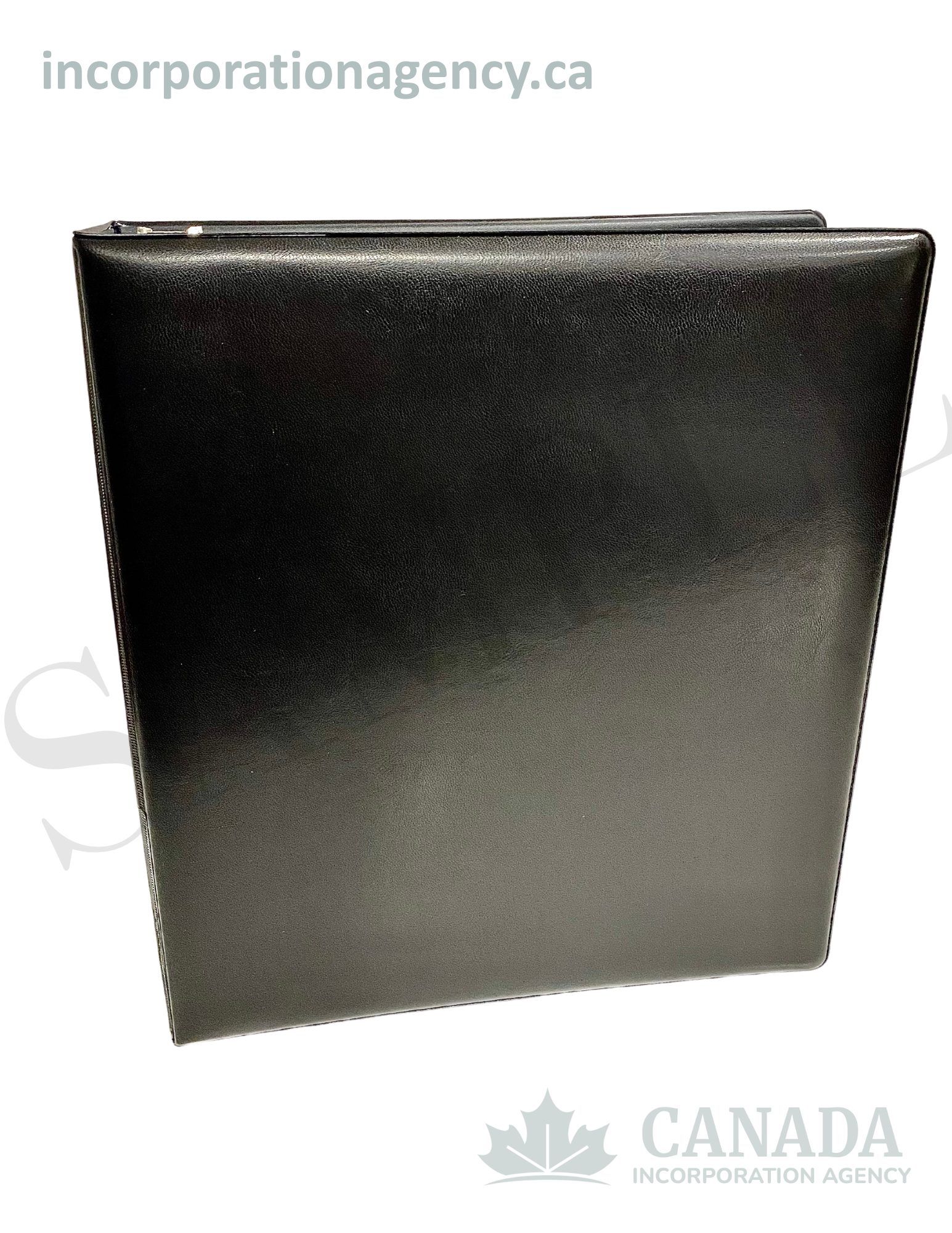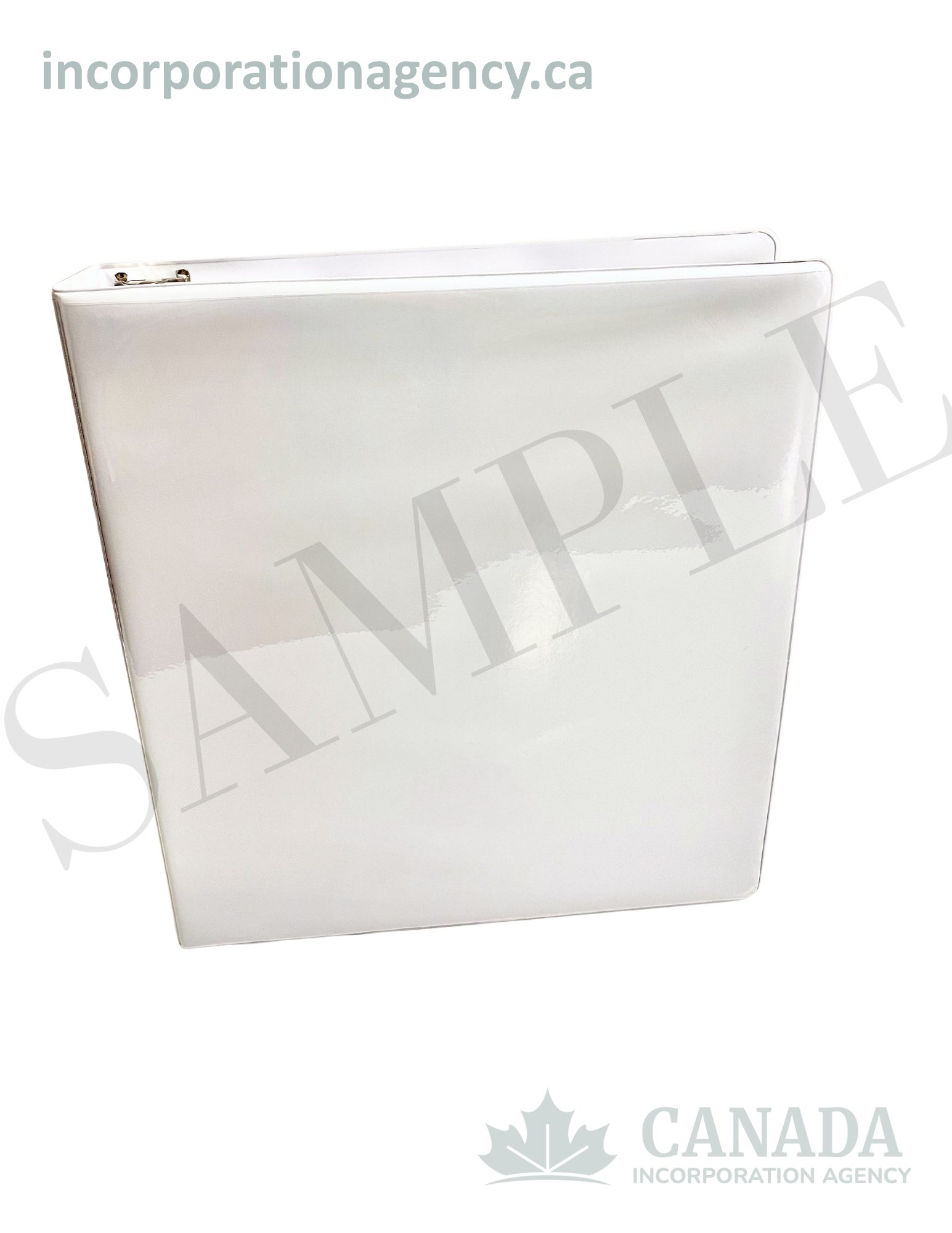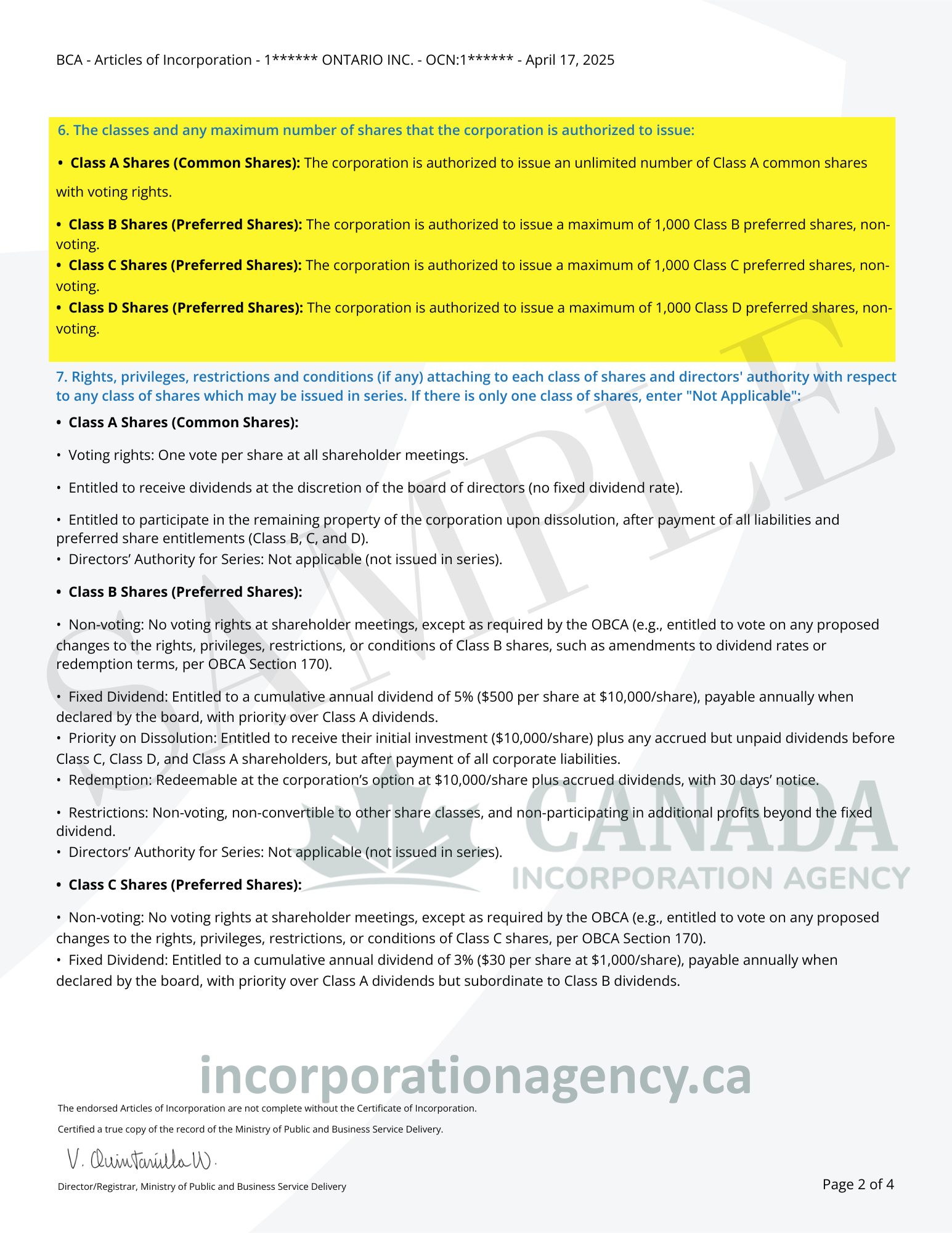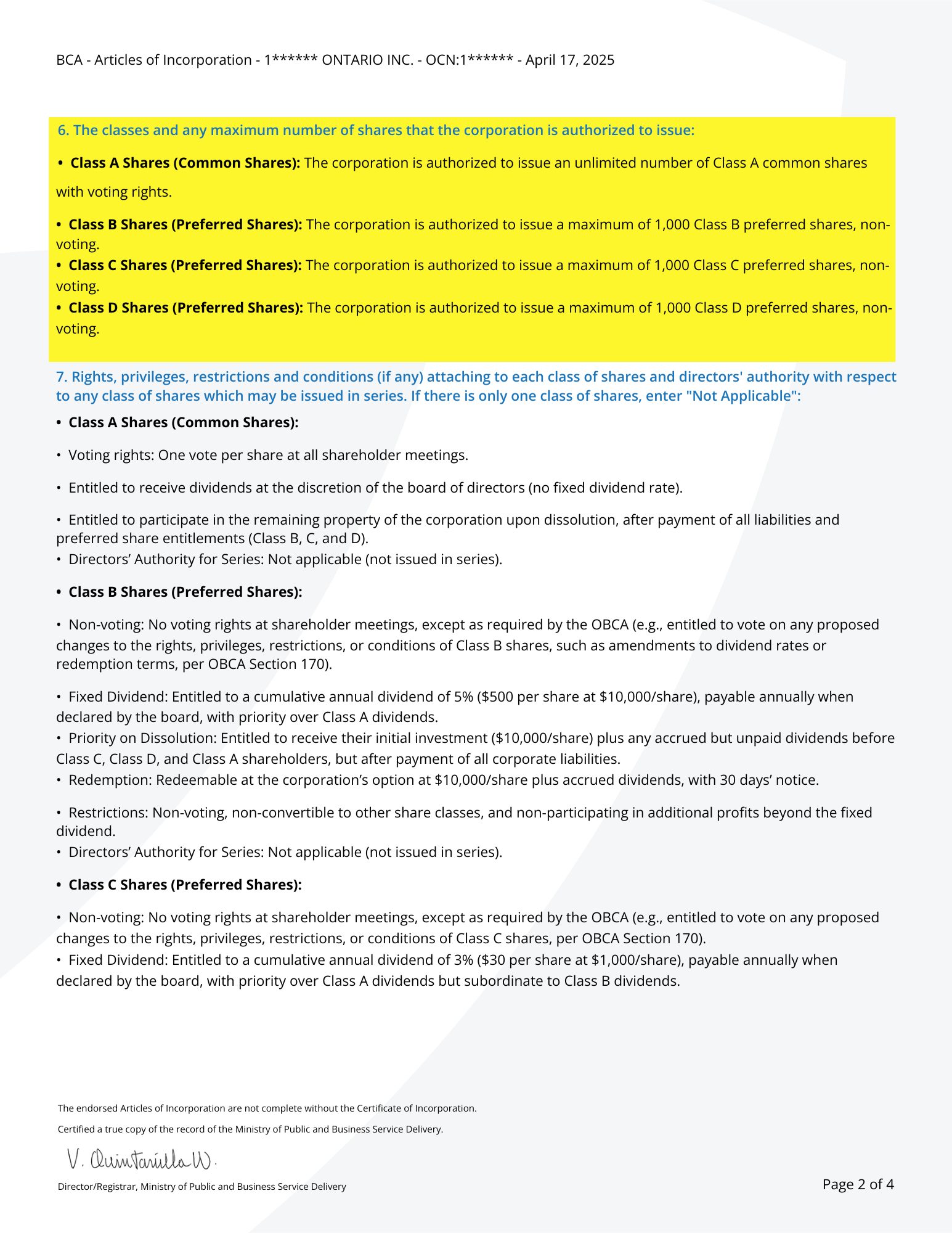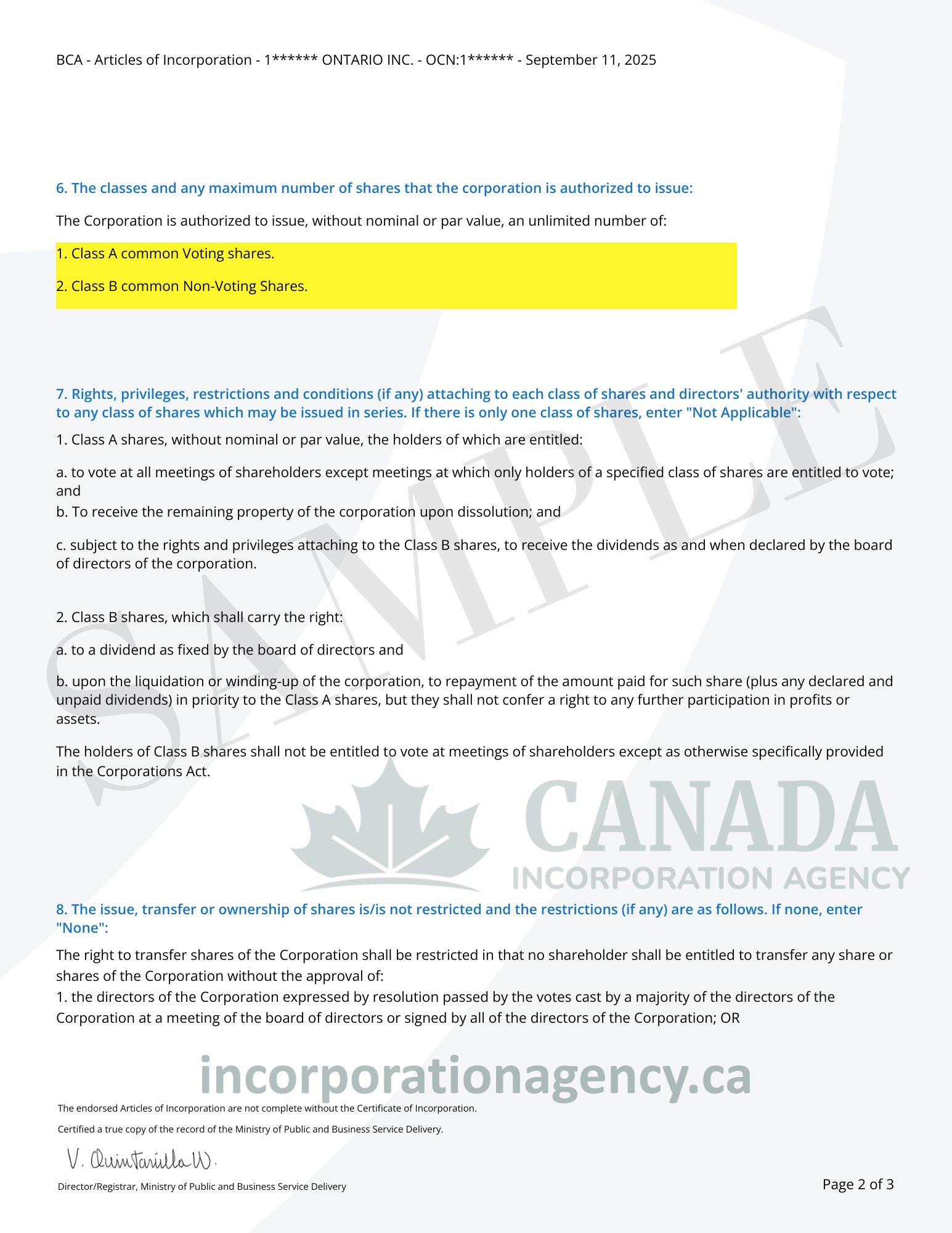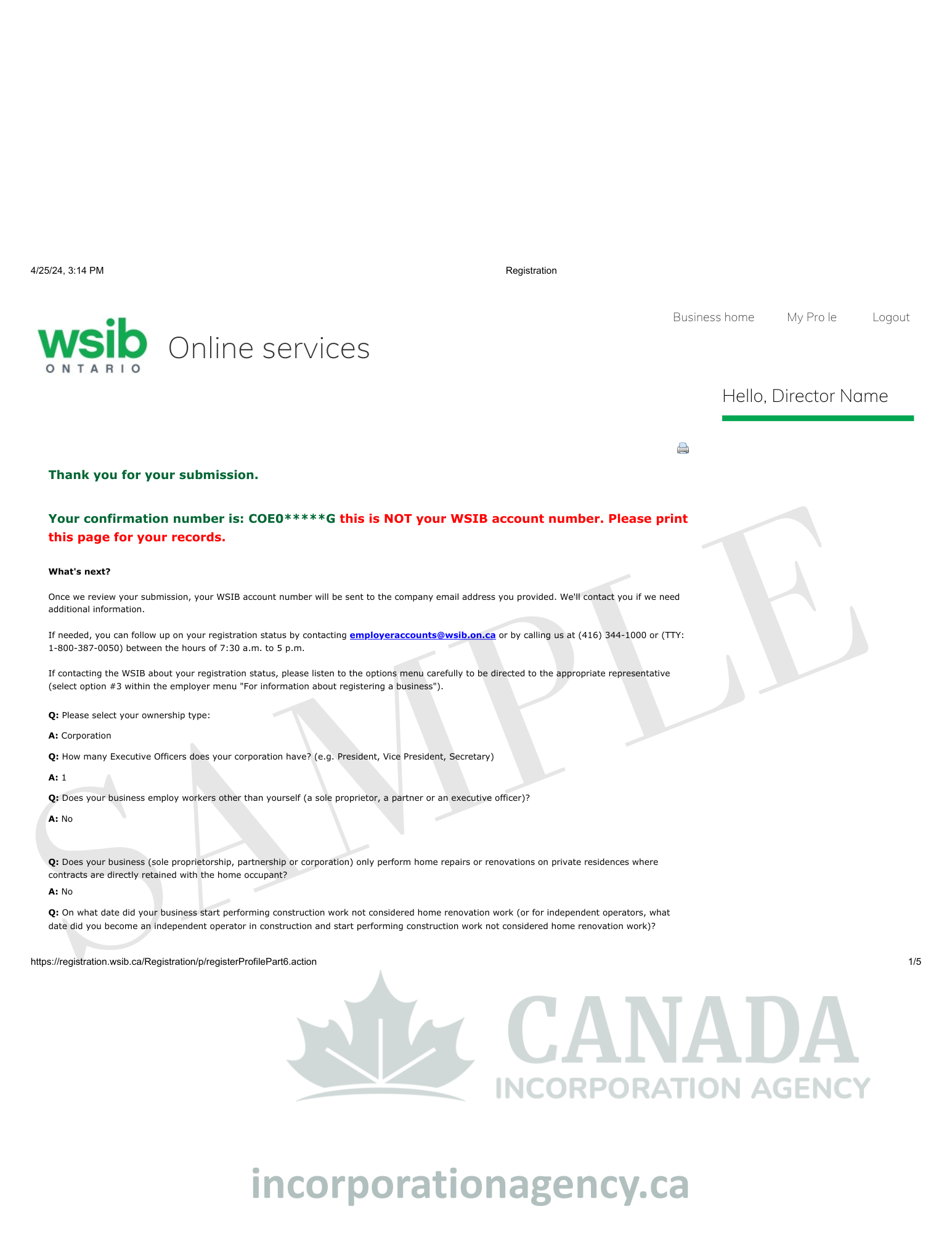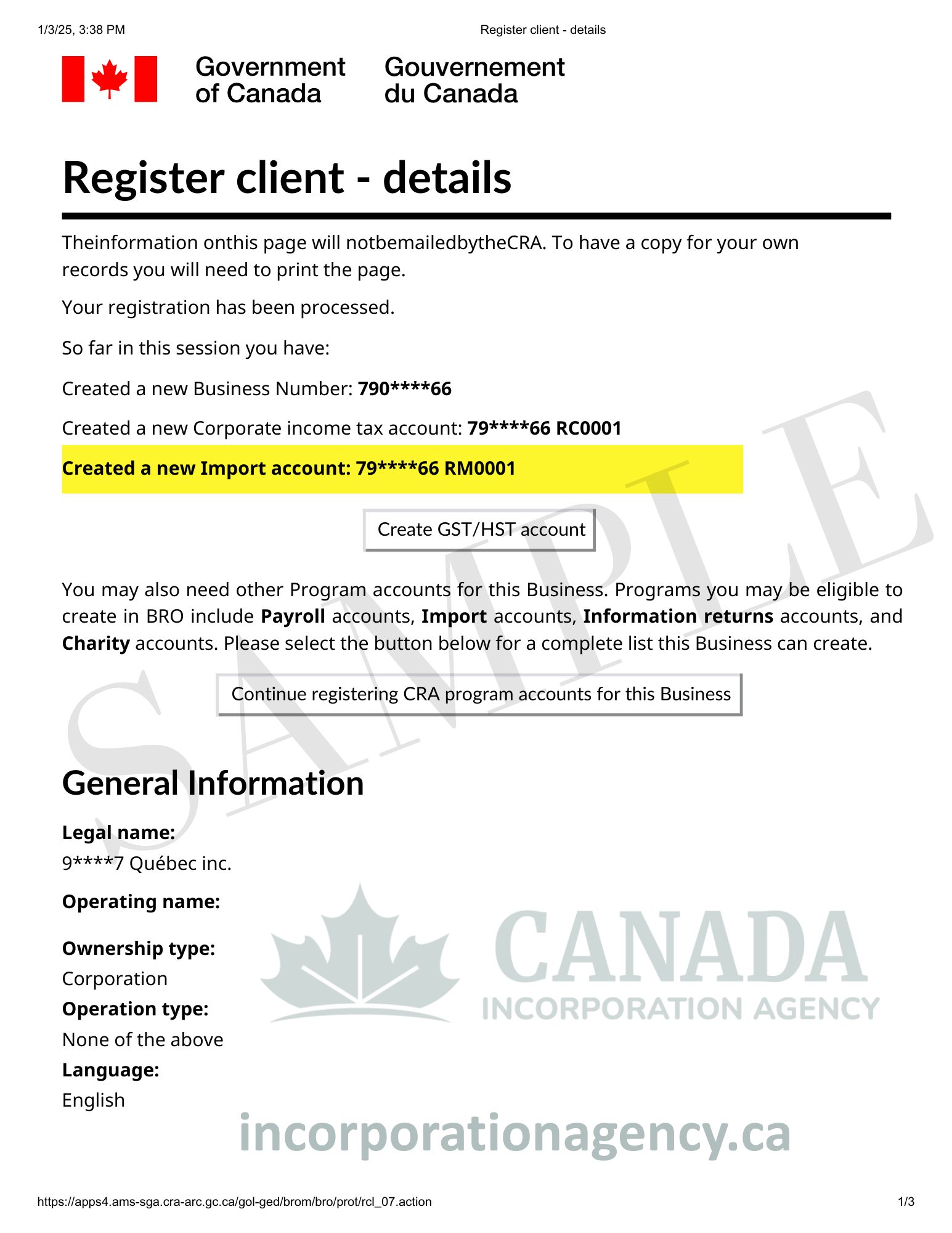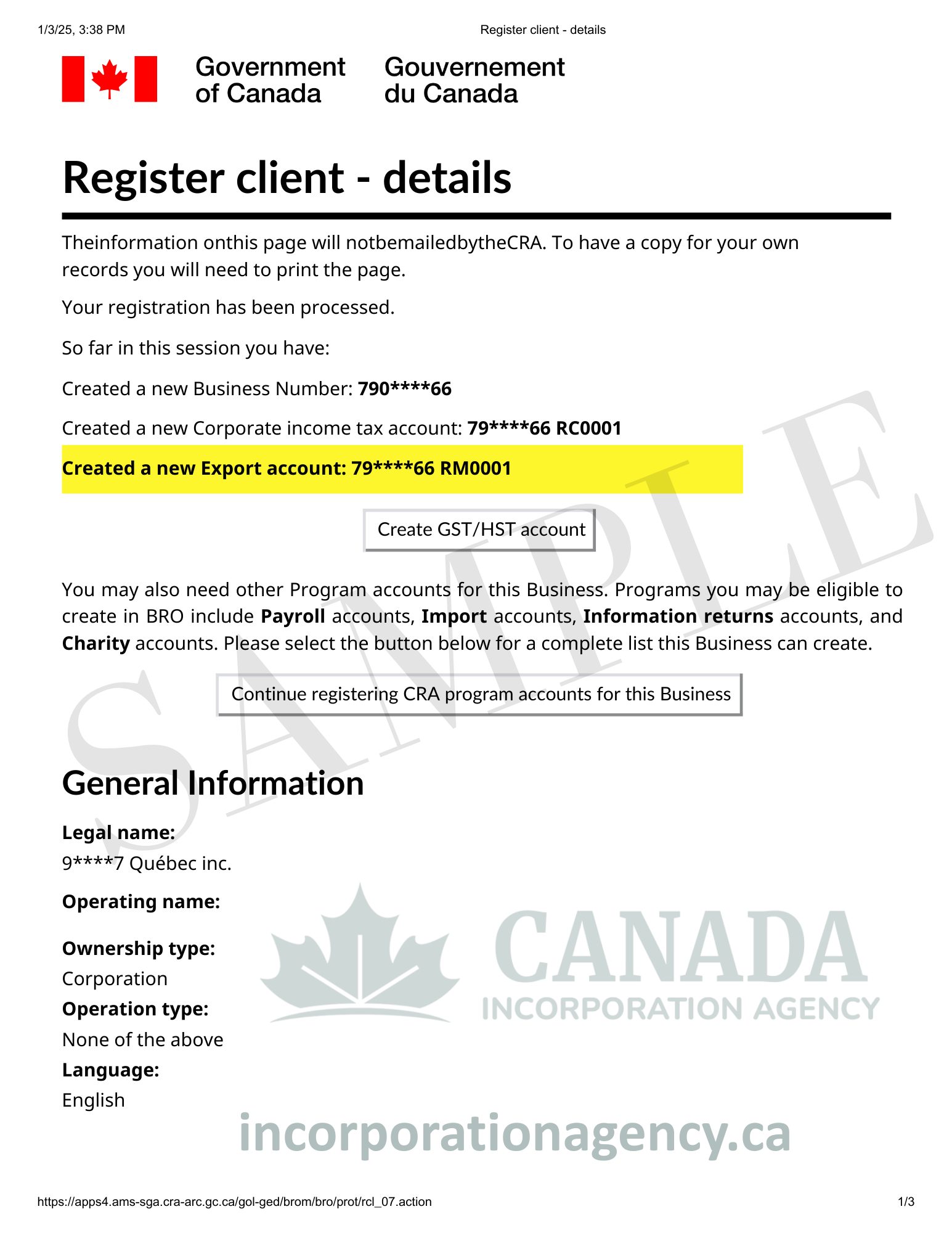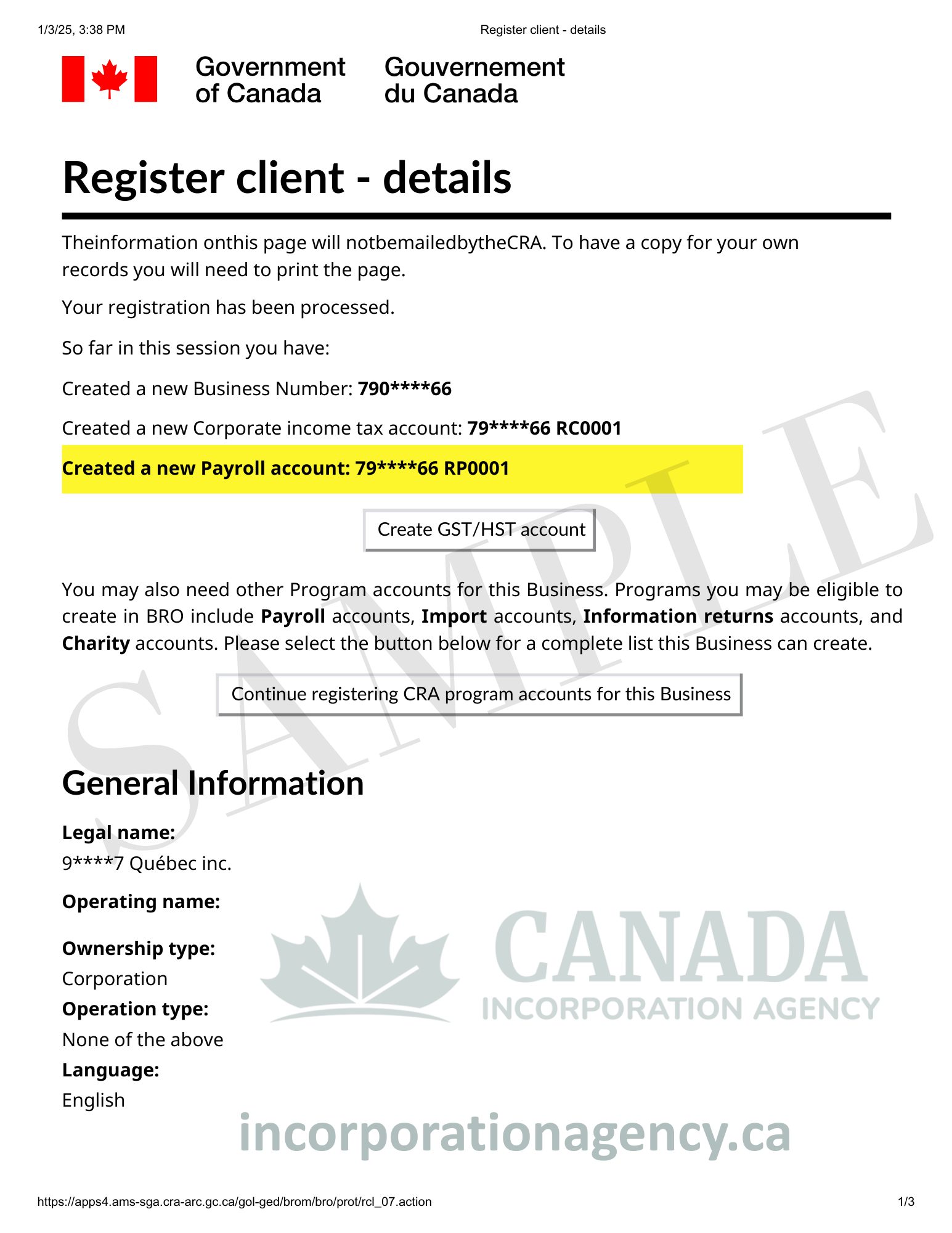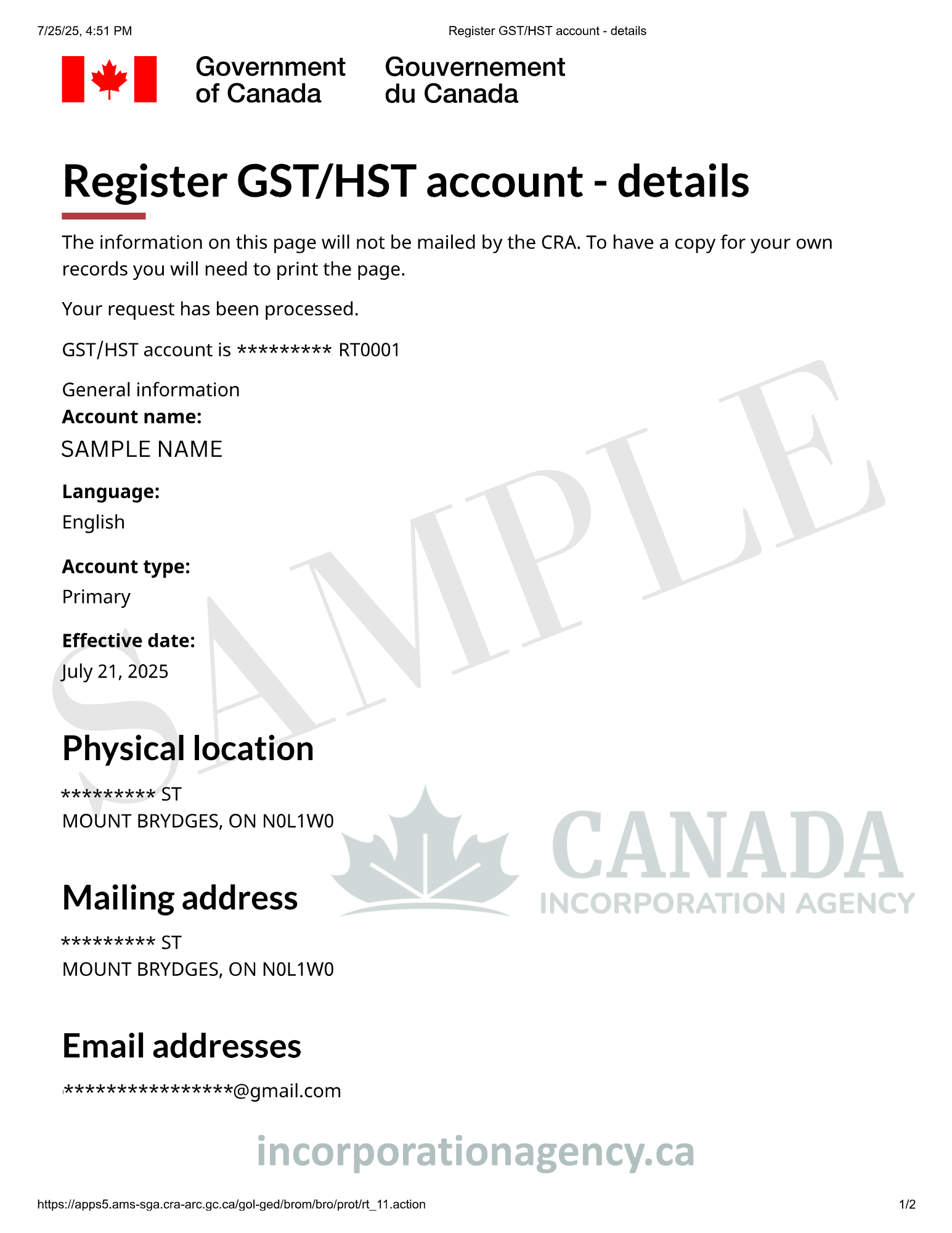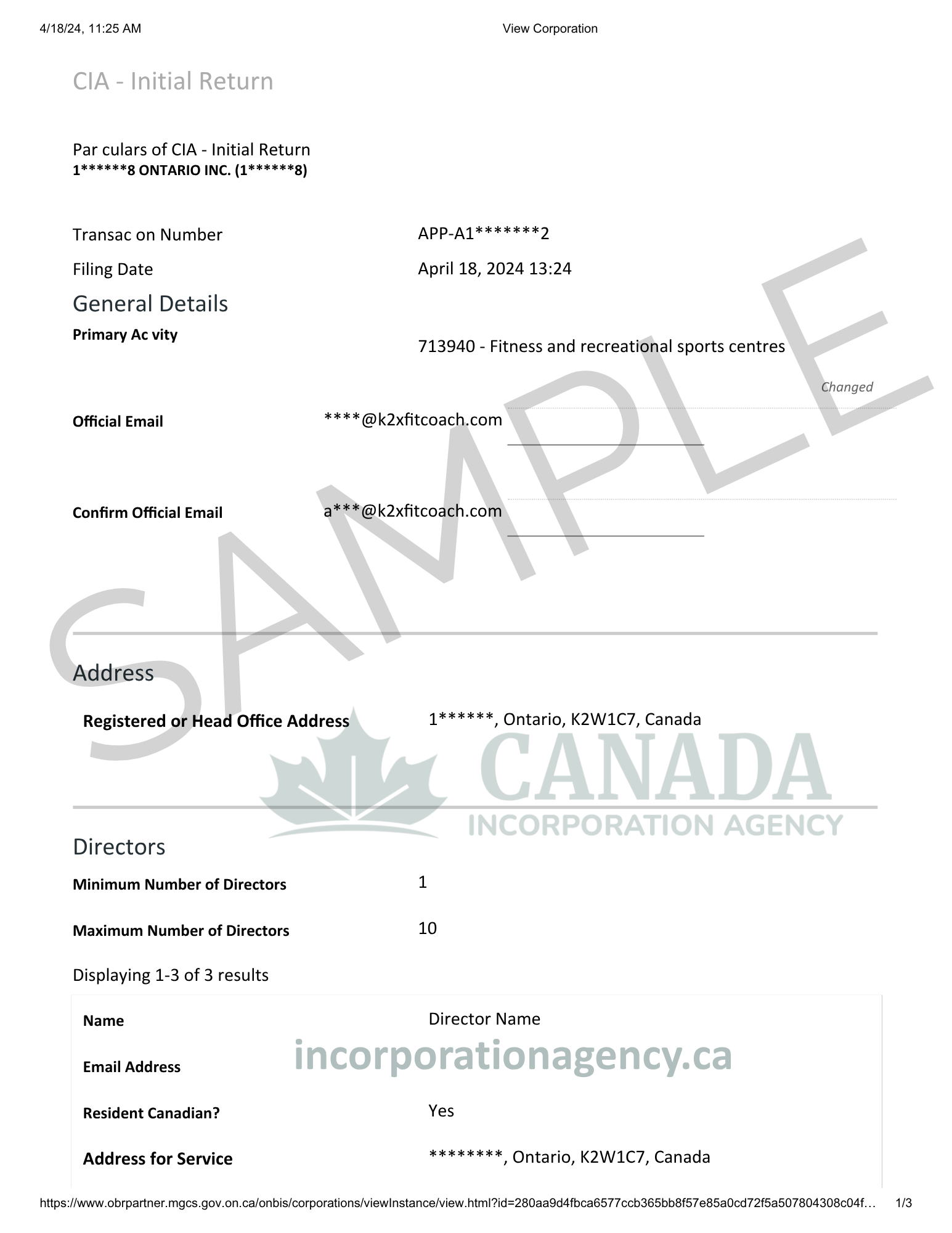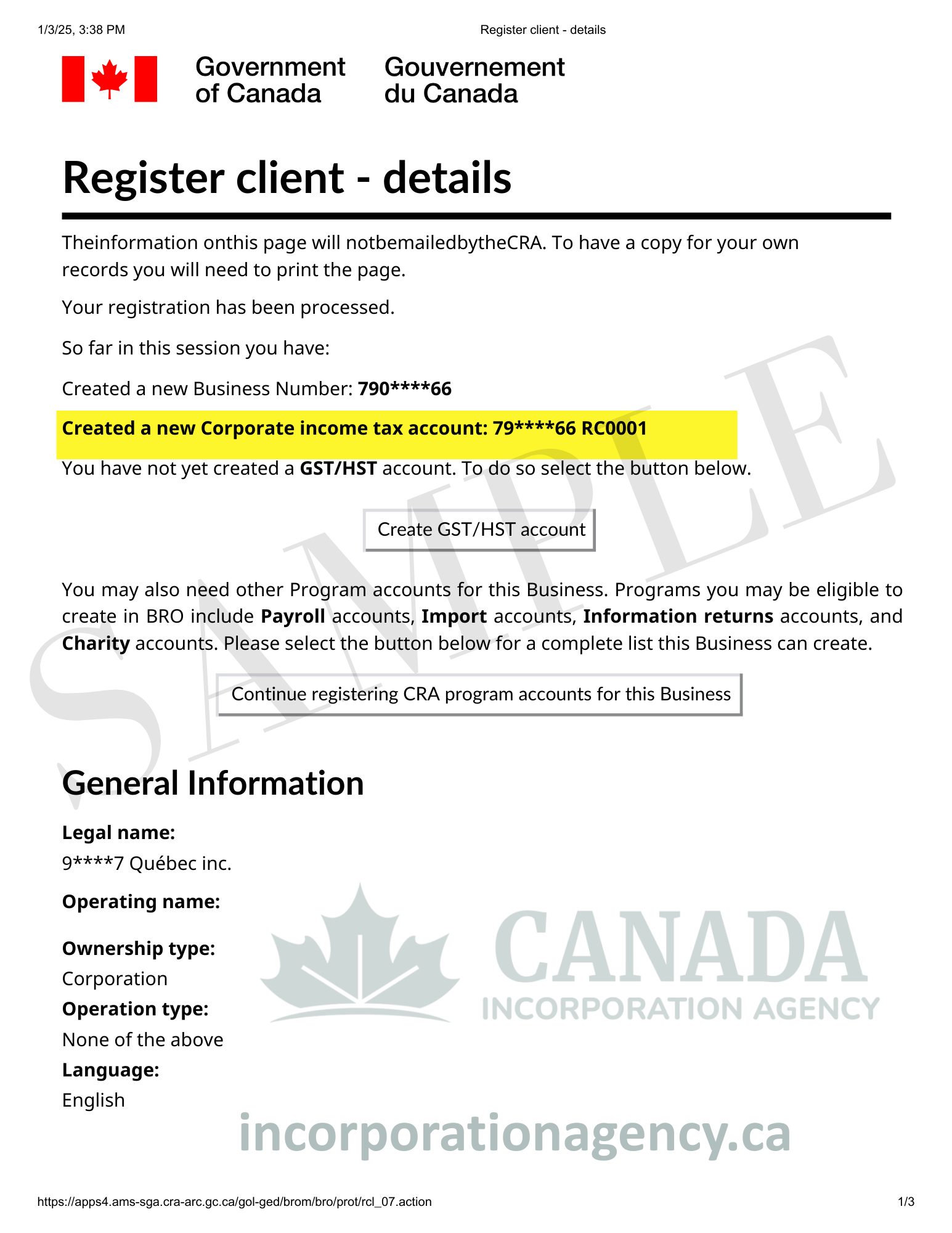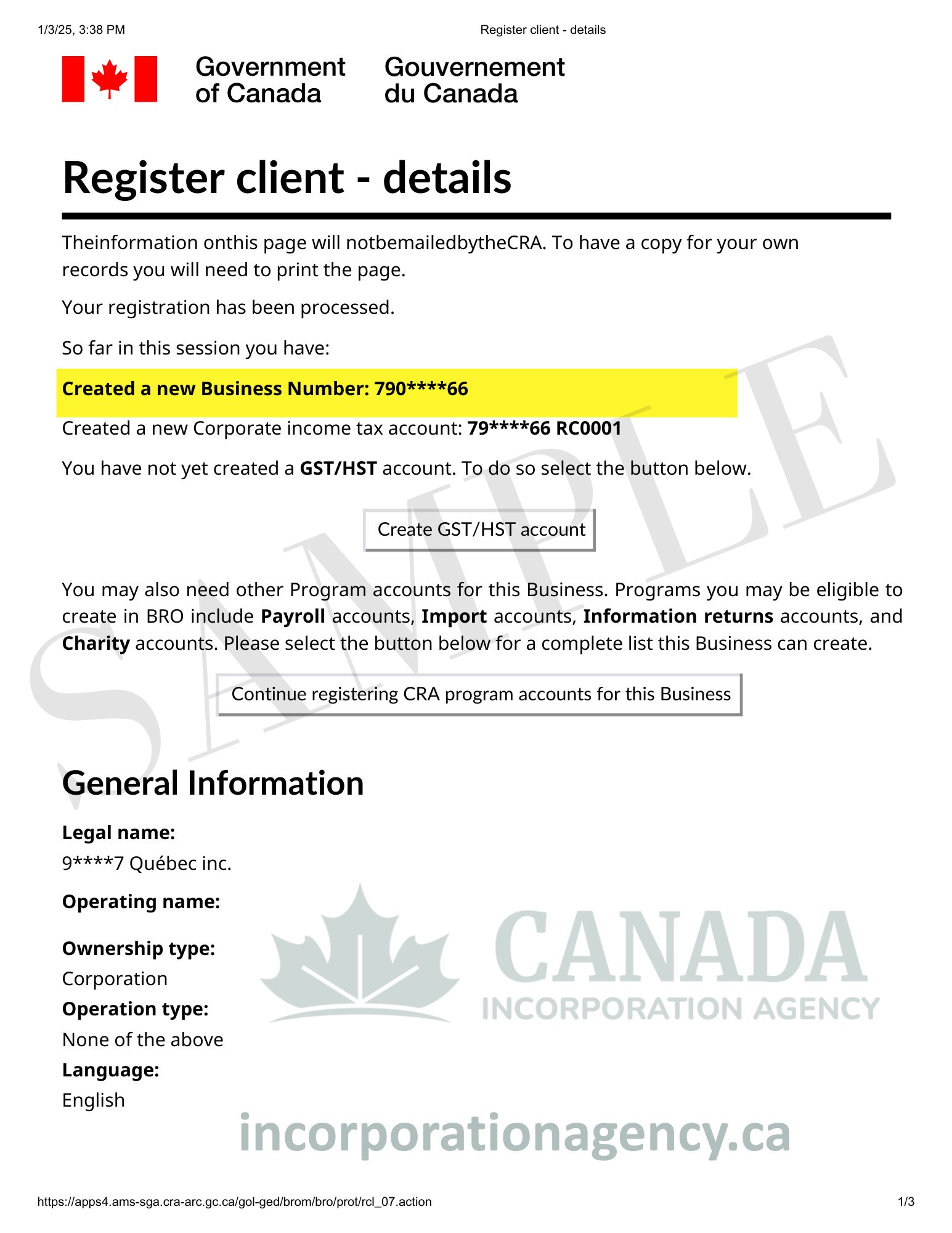So, you’ve decided you want to start a business in Quebec. Congratulations! You’re about to join the ranks of entrepreneurs who dream big, hustle hard, and occasionally cry into their double-double when paperwork piles up. Whether you’re opening the next big tech start-up, a cozy café in Montréal, or a maple syrup empire, knowing how to start a company in Quebec the right way will save you headaches (and maybe even a few dollars in accountant bills).
Let’s walk through everything you need to know – from the basics of incorporation to the nitty-gritty details that make Quebec… well, very Quebec.
Why Incorporating in Quebec is a Big Deal
First, let’s answer the obvious: why not just stay a sole proprietor and keep things simple?
The perks of incorporation
- Limited liability: Your personal stuff (like your Netflix account, car, or secret snack stash) is separate from your company’s debts.
- Tax advantages: Corporations often pay less tax than individuals — cha-ching!
- Professional image: Saying you’re the founder of a société québécoise sounds way more legit than “I run a thing sometimes.”
- Longevity: Your business can keep going even if you decide to sell it, pass it down, or take an early retirement in the Laurentians
Why Quebec specifically?
Quebec has its own corporate laws, slightly different from the rest of Canada. Plus, let’s be real: if you want to start a business in Quebec, you’re probably doing it here because of the province’s unique culture, bilingual market, and (let’s not forget) the poutine-fueled customers.
Step 1: Decide if Incorporation is Right for You
Before you leap into filing forms faster than you can say “bonjour,” ask yourself:
- Do I need protection from personal liability?
- Am I looking for funding or investors?
- Do I want to scale my business beyond “me, myself, and my laptop”?
If you answered yes to at least two, congratulations: incorporation is probably your best bet.
Quebec Incorporation vs Federal Incorporation
Feature | Quebec Incorporation | Federal Incorporation |
|---|---|---|
Jurisdiction | Recognized only in Quebec | Recognized across all of Canada |
Name Protection | Business name protected only in Quebec | Business name protected nationwide (if approved) |
Filing Authority | Registraire des entreprises du Québec (REQ) | Corporations Canada |
Language Requirements | All incorporation documents must be in French; the corporate name must comply with French language laws | Federal incorporation allows English, French, or bilingual names; still must comply with Quebec’s French language laws if operating in Quebec |
Filing Process | File Articles of Incorporation with the REQ (online or paper) | File Articles of Incorporation with Corporations Canada (online filing is fast) |
Cost | Generally, lower provincial fees | Moderate fees, slightly higher than provincial |
Annual Filings | Must file an annual updating declaration with REQ | Must file an annual return with Corporations Canada and register extra-provincially in Quebec (double filing) |
Flexibility | Easier and cheaper if business is only in Quebec | Best if business plans to expand across multiple provinces |
Timeframe | Typically processed within a few business days | Online federal incorporation often processed within hours |
Extra-Provincial Registration | Not required if operating only in Quebec | Required in Quebec (even if federally incorporated) |
Best For | Local Quebec businesses or corporations focused mainly in Quebec | Businesses planning to operate across Canada and beyond |
Step 2: Pick a Name That Doesn’t Make People Cringe
Naming your company in Quebec isn’t just about creativity — it’s also about following rules.
Rules of the game:
- French matters: In Quebec, your company name must comply with French language laws. Even if you want to be trendy and call your company “TechBro Inc.,” you’ll need a French version somewhere in there.
- Check availability: You’ll need a NUANS or CIDREQ search to confirm no one else snagged your brilliant idea.
Pro tip:
- Avoid names that sound like a bad password (e.g., “XQZ Holdings 1234”). People should remember your name, not need to reset it.
- Don’t forget about the legal element or the legal suffix like “Inc.” or “Ltd.” in the end of your name.
Step 3: Choose Your Structure (Provincial vs. Federal)
Here’s where things get spicy.
Provincial incorporation (Quebec only)
- Governed by Quebec’s Business Corporations Act (QBCA).
- Ideal if you only plan to open a business in Quebec and keep things local.
- Managed through the Registraire des entreprises du Québec (REQ).
Federal incorporation (all of Canada)
- Governed by the Canada Business Corporations Act (CBCA).
- Great if you want to expand nationwide or across provinces.
- Requires extra steps to register in Quebec if you’re operating here.
Think of it like this: provincial is a poutine stand on Saint-Laurent; federal is a chain of poutine stands across the country. Both work. One just travels better.
Step 4: File the Paperwork (aka The “Fun” Part)
You can’t escape it — incorporation is basically one big paperwork party.
What you’ll need:
- Articles of incorporation – The holy grail. These outline your company structure, directors, and share info.
- Declaration of registration – Filed with REQ if incorporating provincially.
- Government fees – Think of them as your ticket into the entrepreneurship club.
- By-laws and minute books – Internal documents that keep everything legal and organized.
Yes, it’s as exciting as it sounds. But once it’s done, you’ll have an official business that exists on paper and in the real world. If it seems too hard and overwhelming, Canada Incorporation Agency is here to simplify the Quebec business registration for you. We will draft and submit the Articles of Incorporation and email you all the documents when it is done.
Step 5: Register for Taxes
Because nothing screams “official business” like dealing with taxes.
What to register for:
- GST and QST accounts (if your revenues exceed $30,000 annually).
- Payroll deductions (if you’re hiring employees).
- Corporate income tax filings.
Pro tip: hire a good accountant unless you actually enjoy deciphering government forms
Step 6: Stay Compliant
Congratulations, you’re incorporated! Now the trick is to stay that way.
Don’t Forget the Initial Declaration Filing
Once your incorporation is complete, you’re not quite done yet (sorry!). In Quebec, it’s mandatory to file an Initial Declaration with the Registraire des entreprises du Québec (REQ). Think of it as your company’s official “hello” to the government. This filing includes key details like your business address, directors, and shareholders — basically, who’s running the show. The deadline? Within 60 days of incorporation. Miss it, and you could face fines or risk falling out of good standing, which is about as fun as explaining to Revenu Québec why you “forgot.” The good news: it’s a straightforward process, and once it’s filed, your new société québécoise is officially recognized in the province’s registry.
What Is the Ultimate Beneficiary Filing in Quebec (and Why It Matters)?
Since 2021, Quebec requires corporations to disclose their ultimate beneficiaries when registering with the Registraire des entreprises du Québec (REQ). But what does that actually mean?
An ultimate beneficiary is basically the real person (or people) who ultimately owns or controls the company — even if their name doesn’t appear directly on the incorporation documents. Think shareholders with significant voting rights, or anyone who exercises actual control over business decisions.
The purpose of this filing is simple: transparency. Quebec (like many jurisdictions around the world) wants to fight against money laundering, tax evasion, and shady shell companies. By knowing who’s really behind a corporation, regulators make it harder for people to hide illicit activities behind layers of corporate ownership.
Why it’s needed:
- Legal compliance – It’s a mandatory requirement. Forget it, and you risk penalties.
- Transparency & accountability – Helps create a trustworthy business environment in Quebec.
- Investor and partner confidence – Potential partners can verify that your société québécoise is above board.
Annual duties include:
- Filing an annual declaration with the REQ.
- Keeping shareholder and director info up to date.
- Filing corporate taxes on time (unless you enjoy late fees).
Running a société québécoise is like caring for a bonsai tree — low-maintenance if you stay consistent, but a tangled mess if you ignore it.
FAQs About Incorporating in Quebec
Do I need a lawyer to incorporate a company in Quebec?
Not necessarily. Many entrepreneurs handle it themselves or use services that prepare everything for you. But if your structure is complex, a lawyer can be worth it.
How long does it take to incorporate in Quebec?
Incorporation in Quebec can be done in as little as a few hours online. Compare that to how long it takes Hydro-Québec to fix your power outage, and suddenly, incorporation seems fast.
How much does it cost to start a business in Quebec
Government filing fees range from about $300 to $400. Add legal or professional services, and it can climb higher. But think of it as an investment, not just paperwork money.
Extra Tips for Quebec Entrepreneurs
Master the language laws
Quebec is serious about French. If you’re going to start a business in Quebec, be prepared to translate signage, websites, and marketing material.
Network like a pro
Montreal and Quebec City have thriving start-up scenes, co-working hubs, and funding opportunities. Show up, shake hands, eat some bagels, and make connections.
Don’t forget culture
Quebecers are proud of their identity. A little cultural respect (and maybe some bilingual customer service) goes a long way.
Wrapping It Up: Should You Incorporate in Quebec?
Absolutely — if you’re serious about growing, protecting, and scaling your business. Incorporation isn’t just a formality; it’s a foundation. It allows you to open a business in Quebec that’s built for the long run, not just the weekend farmer’s market.
So, grab a strong coffee, set aside an afternoon, and get it done. Once you have your shiny new société québécoise, you’ll be free to focus on the fun stuff: innovating, growing, and figuring out how to make your company the next big thing in Quebec.
And hey – when you’re giving your TED talk about entrepreneurship in five years, you’ll look back at this moment and say: “Wow, incorporating was easier than I thought.”







